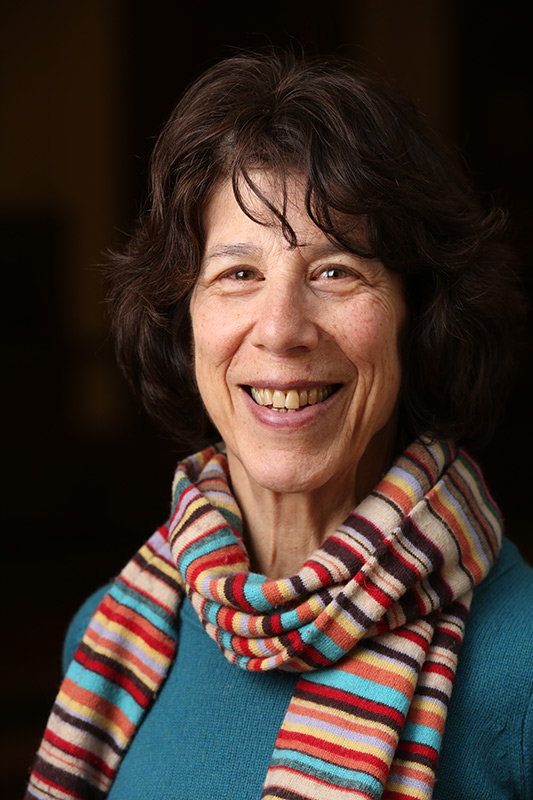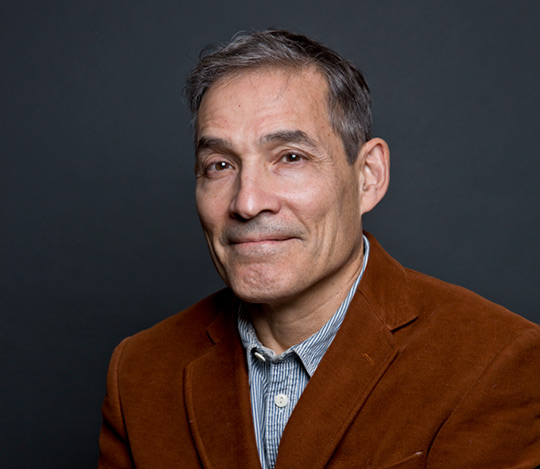As current President of the Association for Psychological Science (APS), TC’s Barbara Tversky is chairing this year’s APS convention, which will be held from May 23-26th in Washington, DC.
Tversky, Professor of Psychology & Education, has curated the central presentations, the Presidential Symposium, the two keynote speakers, and the distinguished psychologist interviewed in the Psychologist’s Studio. Throughout the year of her presidency, Tversky has promoted and celebrated the many roles of psychological science in other fields and in public policy through her monthly columns in the APS Observer, available to all on line and sent to the more than 33,000 members of APS. In addition to her own columns, she invited distinguished leaders in law, medicine, philosophy, architecture and urban design, and innovation in higher education to contribute columns reflecting on the ways that psychological science affects their work. Time ran out before more disciplines could be included.

The Presidential Symposium at the convention extends that vision, highlighting the confluence of psychological science and the arts. Each of the four speakers directly bridges both: composer and researcher of music perception, Jonathan Berger (“Leonardo,” “Theotokia,” “The War Reporter”), Professor of Music at Stanford University; painter and researcher of thinking through drawing, Andrea Kantrowitz (TC Ed.D. ’14), Assistant Professor of Art at SUNY-New Paltz; cognitive scientist and researcher of dance and architecture David Kirsh, Professor of Cognitive Science, UCSD; and cognitive neuroscientist and researcher of film, Jeffrey M. Zacks, Professor of Psychology, Washington University of St. Louis. The theme for the two keynote talks and the interview is cooperation, central to many critical issues in our lives from child-rearing to education to public policy. As Tversky said, “The reason that humans have survived is that we work together. We aren’t stronger or faster than the tigers.” The keynote speakers are Betsy Levy Paluck, Professor of Psychology in the Psychology Department and the Woodrow Wilson School of Public Policy at Princeton University, known for her work internationally and in the US on the roles of social norms and networks to bring about behavioral change and conflict reduction, and Michael Tomasello, Professor of Psychology at Duke University and Co-Director of the Max Planck Institute for Evolutionary Anthropology in Leipzig, Germany, a developmental and comparative psychologist known for his research on cooperation and communication across species and human development. Finally Lee Ross, Professor of Psychology at Stanford University will be interviewed in the Psychologist’s Studio. Ross has been active for years both in the laboratory and in the world in the analysis of barriers to conflict resolution, and in finding ways to resolve them.
Tversky says she made art a central theme of the symposium because the field offers many lessons for, and parallels with, studies of conflict and cooperation. “We rely on words, but in face-to-face there’s so much going on that isn’t verbal,” she says. “Artists talk of wordless conversations between the hand and the eye. And often when you start articulating those processes, it can get in the way.”
Also at the APS conference, TC’s George Bonanno, Professor of Clinical Psychology and Director of the College’s Resilience Center for Veterans and Families, will receive the prestigious James McKeen Cattell Award. Bonanno is being honored for his application of “rigorous scientific research to the study of trauma” and for championing “the concept of resilience in the fields of loss and grief.”

George Bonanno, Professor of Clinical Psychology
[Read a story about Bonanno and the Cattell Award.]
Tversky, an acclaimed authority on spatial language and thinking, will also sign copies of her new book, Mind in Motion: How Action Shapes Thought, in a special session.
[Listen to a podcast of Tversky discussing her book.]
The book, published by Basic Books, will arrive in bookstores May 21st. It draws together evidence from neuroscience, behavior, language, and designs in the world, both ancient and modern to show that that spatial cognition is foundational to all thought, enabling human beings to draw meaning from their bodies, their surroundings, and actions in the world. Tversky makes a strong case that acting in space underlies the structure and meaning of language as well as reasoning in the sciences, arts, and design.
[Read a story about Tversky’s work.]